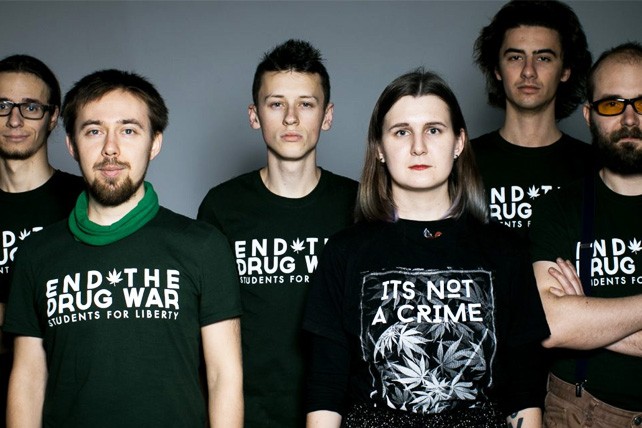Indonesian President Jokowi Widodo has called for police to “gun down” foreigners suspected of drug trafficking if they resist arrest, amid fears that the harsh drugs crackdown in neighbouring Philippines has led to increased trafficking in Indonesia.
Widodo’s announcement, which took place on July 21, essentially called for the extrajudicial killings of people suspected of drug offences. He justified this on the grounds that his country is facing a “narcotics emergency”. Indonesia’s National Police Chief General Tito Karnavian further supported President Widodo’s standpoint on this issue by asserting that “when we shoot drug dealers, they go away”.
On July 26, Budi Waseso, the Commissioner General of Indonesia’s National Narcotics Agency, told ABC News that his country has become "the biggest [drugs] market in the world, in my opinion". "The market that existed in the Philippines is moving to Indonesia", he claimed, asserting that the extreme violence against people involved with drugs in the Philippines has led to "an exodus to Indonesia, including [of] the substance."
This concept has been identified as the “balloon effect”, whereby law enforcement pressure on drug crime in one area pushes it into another (“squeezing a balloon in one place makes it expand in another”).
Although Commissioner General Waseso previously called for Indonesian police to imitate the approach to drugs being implemented in the Philippines, he has since back-tracked, stating "I will not follow or copy it, I don't even support it".
There has been an ongoing slaughter of people in the Philippines alleged to be involved with drugs under the rule of President Rodrigo Duterte. Duterte famously considers the killing of people suspected of drug use or sale to be the prime solution for ending his country’s drug trade. Since he secured the presidency in July 2016, more than 9,000 people suspected of drug offences have been killed. On July 24, Duterte called for a legislative amendment so that people could be legally executed by the state for drug possession.

President Duterte (l) and President Widodo (r) (Source: Wikimedia)
The war on drugs in Indonesia has similarly been intensifying over recent years, particularly since President Widodo took office in October 2014. Within four months of his inauguration, President Widodo’s government had executed 14 people, including 12 foreign nationals, for drug trafficking offences. Despite the United Nations appealing to Indonesia to reinstate its moratorium on the death penalty, the executions still went ahead. These executions garnered significant attention from international human rights organisations, governments, and media outlets.
In early July of this year, the Jakarta police shot dead a Taiwanese national for resisting arrest during a drugs raid, reportedly resulting in the largest drug bust in Indonesian history – a single seizure allegedly valued at $100million.
Human Rights Watch’s (HRW) Asia Division has recently called on Indonesian officials to denounce the Philippines drug war due to its heavy brutality and violation of basic human rights. Furthermore, HRW requested that President Widodo sends a clear message to his security forces that they should respect everyone’s basic human rights when tackling the nation’s so-called “narcotics emergency”.
Previous Indonesian executions have primarily targeted foreign citizens convicted of drug trafficking, but President Widodo’s apparent condoning of extrajudicial killings suggests that Indonesia may begin emulating the Philippines approach. In the Philippines, the so-called drug war has primarily manifested as a war on poor people who use drugs, rather than powerful traffickers or gang leaders.
Indonesian Police Chief Karnavian recently stated that “drug smugglers are targeting Indonesia because they deem the country’s law enforcement efforts weak” compared to the Philippines. If Indonesia joins the Philippines in using extrajudicial killings to combat the drug trade, this may set a dangerous precedent. Will other Southeast Asian countries follow suit?


